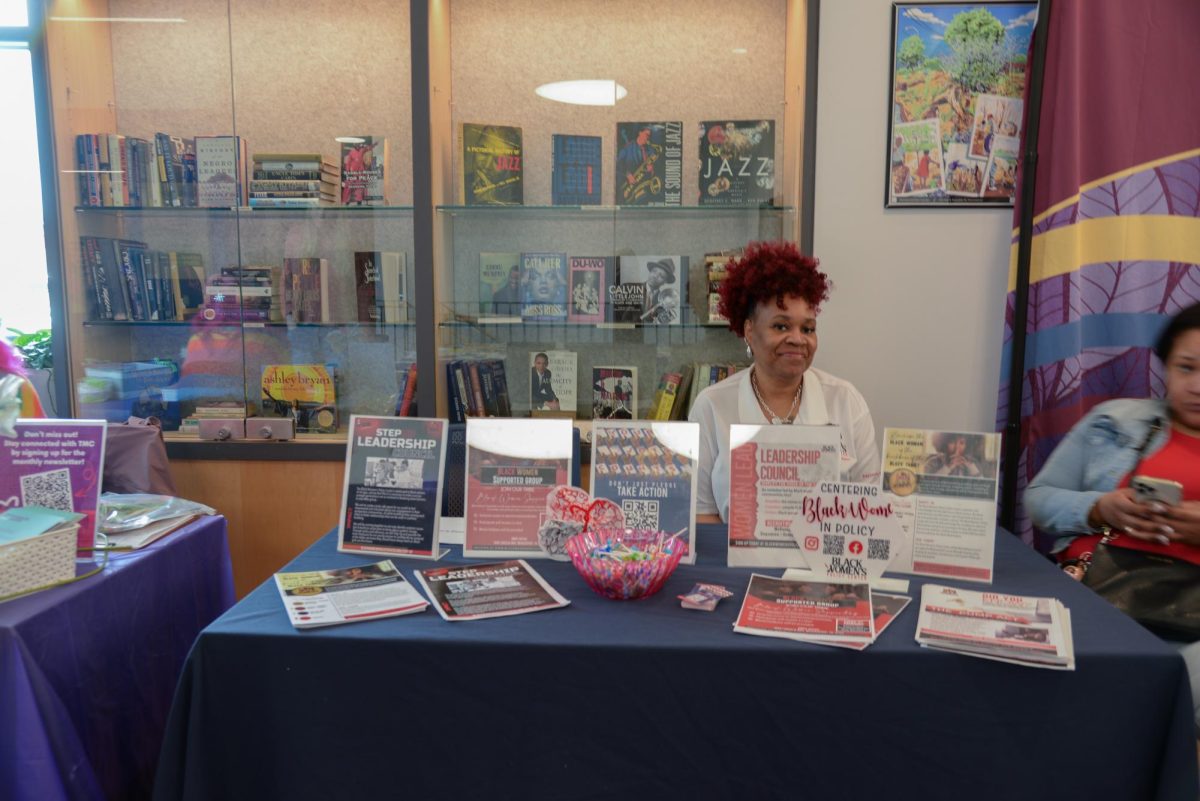Miscommunication keeps student from running for SGB
November 18, 2009
He’s just Scott McEvoy.
Though he’d like to be introduced as Board member Scott McEvoy, a miscommunication kept him out of the race for Student Government Board.
McEvoy picked up a packet to apply for late candidacy for the Board around 8 a.m. on Monday, Nov. 9, after hearing that only eight people were running for eight spots on the Board and one for president.
Board member Andrew Freeman gave McEvoy the packet and told him he had to return the materials by 5 p.m. Wednesday. Freeman said he wrote down McEvoy’s contact information on a Post-it note and placed it on the desk of the secretary who usually hands out the applications. The secretary was out sick yesterday and could not be reached for comment.
McEvoy prepared his personal statement, wrote his campaign platform and asked students in Towers lobby to be among the 400 signatories he needed to run.
He called his friend, Board member and SGB presidential candidate Charlie Shull, about the application on Monday, and he confirmed the due date that Freeman gave.
When he came into the SGB office around 2 p.m. Wednesday, he learned that Sarah Heisey, the elections committee chair, had changed the deadline to 5 p.m. Tuesday without telling Freeman, Shull and other Board members.
The elections committee did not accept his application.
This was the last chance for McEvoy, a junior economics major, to run for SGB.
In McEvoy’s personal statement, he explored ideas for supplementing SafeRider with a student-employed walking escort service for students stranded at parties or studying late at the library. He also said he wanted to streamline the process of signing students into residence halls by making the process electronic, creating a spring activities fair and creating a new way to assess professors’ performances.
“Tenure is a great security for professors, but it often creates someone who worries more about research than teaching. To work out our academic weaknesses, I will initiate annual 360-degree reviews,” he said in his statement, adding that students would fill out surveys each year to rate their major’s advising department, courses and professors.
SGB president Kevin Morrison said that the original deadline for late candidacy was Wednesday, Nov. 11, but Computer Services and Systems Development gave SGB a deadline for submitting candidates so that it could prepare the online voting service.
Heisey moved the due date up to Tuesday and contacted people with outstanding applications whose contact information she had.
McEvoy said that since he was misinformed by two Board members, the committee should have accepted his application.
“I’ve spent 70-plus hours putting this all together, and they just told me, ‘No,’” he said.
Other candidates picked up their application packets from one of the secretaries in the SGB office, who asked for each applicant’s contact information.
Morrison said he and Heisey met with McEvoy on Wednesday to discuss the committee’s decision.
“The issue with Scott is that he failed to contact the proper people with the election,” he said.
The application instructed applicants to direct all questions to Heisey.
McEvoy had 48 hours after the elections committee’s ruling to file an appeal, but he didn’t because he figured there wasn’t enough time to appeal and still campaign.
Morrison said he notified the committee Wednesday night to be on standby. He said that he made it clear to McEvoy that the Board could have processed the appeal within a few hours.
Judicial committee chairman Andrew Yarnall confirmed said that only six of the 11 committee members need to be present to vote and that he could have had the decision the next day.
McEvoy said that Morrison did not say that the committee could act that quickly. If he had known this, McEvoy said, he would have filed an appeal, sacrificing the campaign time lost.
Heisey said she didn’t tell the Board members how to handle applicants, however, she said that the applications instruct possible candidates to direct their questions to her.
“Andrew should have known better than to have given him a packet,” she said. “Board members know how the system works, and there hasn’t been a problem in the past with Board members obtaining packets all willy-nilly.”
Freeman said he didn’t know he wasn’t supposed to hand out the packets.
Kenyon Bonner, director of Student Life, spoke with McEvoy about his predicament. He said he didn’t feel the need to interfere with SGB.
“In this particular case it appears that SGB was following their process. Those processes were working, so I didn’t feel the need to get involved,” he said. “Whether Scott or I agree with that is a moot point.”
He said that if the University believes a student organization isn’t following its policies as it should, the University would step in.


